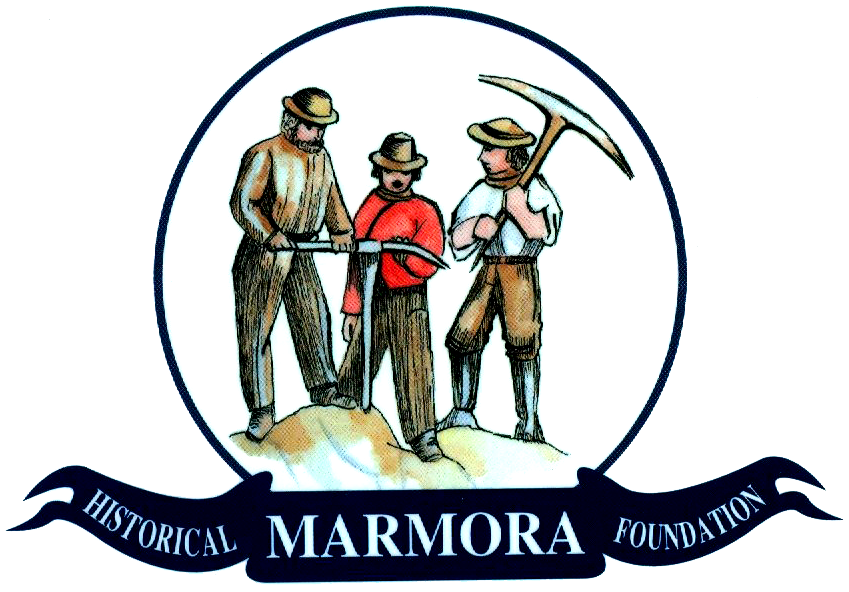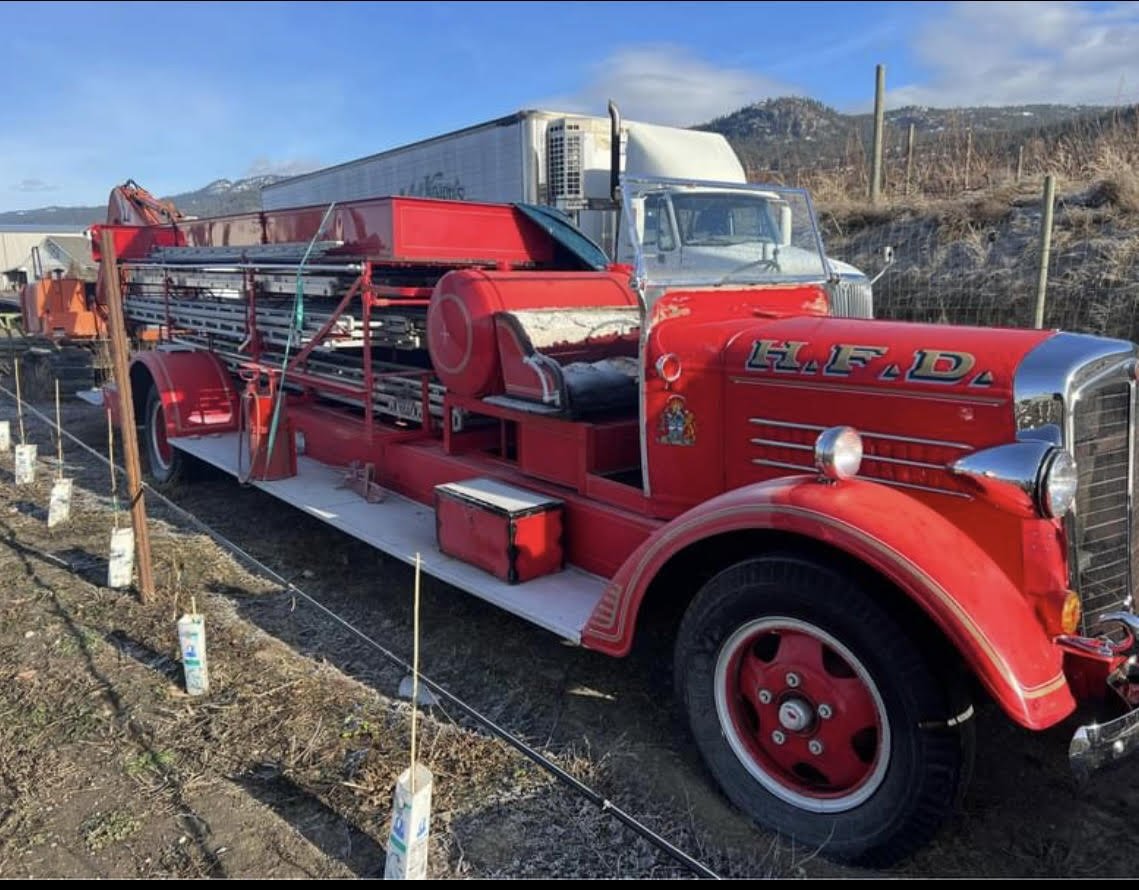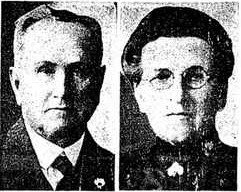The Gilmour Dynasty
/Most people in Marmora, when asked to think of Gilmour, will conjure up images of exhausted sled dog teams taking a rest by the big bonfire at the Village of Gilmour, a mandatory check point on the 150 mile Marmora Long Distance Challenge.
But did you know the origins of the village are rooted in the logging camps of the infamous Gilmour Company, a family-owned industry that swept through Lower and Upper Canada, cutting timber over thousands of acres, feeding the the appetite of the shipping industry, the construction industry and later the pulp and paper industry. From Trenton, foremen were sent out all through the Marmora, Madoc & Tweed areas, and on to the Kawarthas, Algonquin Park and up to Madawaska, to supply and monitor the logging camps.
Video by Sean Scally of Trenton
After an inquiry by film-maker Sean Scally of Trenton, we checked out the story of this vast company only to discover it is worthy of PHD thesis. It is a family story starting in Scotland with Allan Gilmour (1775-1849) and members of his mother's family, who formed the Pollack, Gilmour Co. of Glasgow and supplied the old country with ships and timbers.
Placing his bets on the new world, Allan sent out his brother, James (1782-1858) to widen the shipbuilding business , opening the Gilmour Rankin Co. in Miramachi.. Hoping to soon retire, he looked to his nephews to work on expansion- -William Ritchie & Co in Montreal, Allan of Shott (1816-1895) with the Gilmour & Co. in Ottawa, James in Montreal, and Allan Jr. with the Allan Gilmour & Co., Quebec.
What followed was a long history of family wranglings, with new family partnerships and takeovers in response to retirements, suicides and deaths. But in the end, David Gilmour (1850-1920) who headed the Trenton operations, left for greener pastures in Buffalo in 1905, with the final closure of the Trenton mills in 1910. It burned down in 1911. The remaining vasts assets of the company in Ottawa, in the hands of David's brother, John (1849-1212) , were sold off in 1921 to Gatineau Co., a division of Riordan Co. of Montreal, whose main interest was pulp and paper.

































